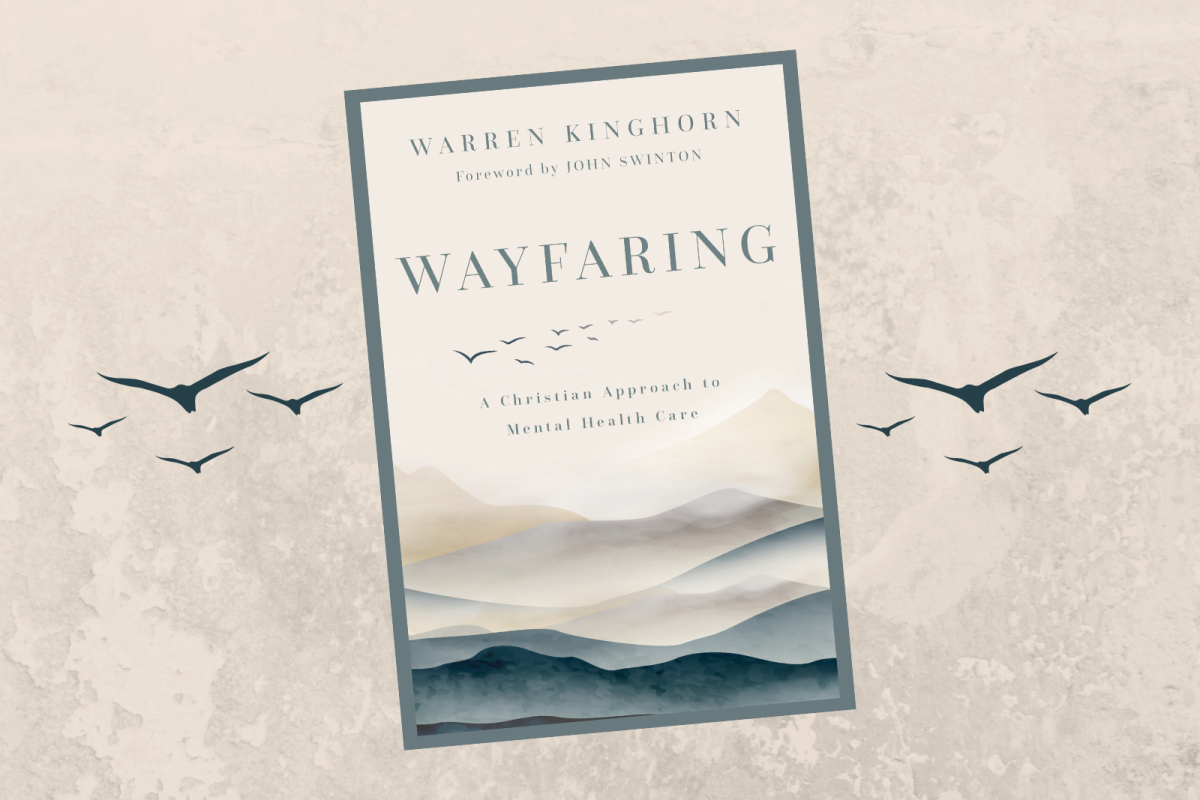Check out our news archive below to learn more about what’s happening in Duke Psychiatry & Behavioral Sciences!
Centennial Staff Spotlight: Drusilla Russell Finds Fulfillment in Research Administration
As a research administration specialist, Drusilla Russell assists with managing awarded funds for sponsored projects. Over her 32-year Duke career, she's worked in a variety of roles spanning the School of Medicine, Duke University Hospital, and the main campus.
New $500K Duke Endowment Grant Will Support Health Professions Learners
The Office of Le Well in the Duke University School of Medicine (SOM) received a $500K Duke Endowment grant to support an initiative to help students succeed and thrive in their clinical learning programs. Jane Gagliardi, MD, MHS, associate dean for learning environment and well-being at the SOM, and Melanie Bonner, PhD, assistant dean for student services at the SOM, will lead the project. Both are Duke Psychiatry professors.
Warren Kinghorn Discusses Christian Approach to Mental Health Care in New Book
In his new book, Duke Psychiatry's Warren Kinghorn, MD, examines ways that modern medicine shapes mental health care and contrasts them with a more holistic approach championed by Saint Thomas Aquinas. By spotlighting this more person-centered approach to mental health care, Kinghorn challenges mental health clinicians to look beyond merely diagnosing and treating symptoms to healing the patient as a whole.
Three Duke Psychiatry Faculty Members Retire, Become Emeriti
Three faculty members who have retired from the Department of Psychiatry & Behavioral Sciences this year have been honored with emeritus/emerita status: James Blumenthal, PhD, ABPP, Scott Moore, MD, PhD, and Patricia A. Resick, PhD, ABPP.
Duke Psychiatry Honors Professors and Residents with 2024 Awards
Congratulations to our Duke Psychiatry & Behavioral Sciences trainees and faculty members who received these year-end awards.
Centennial Faculty Spotlight: James Blumenthal, Leader in Behavioral Science Research, Retires after 45 Years
After 45 years of service to the Duke University School of Medicine, James A. Blumenthal, PhD, ABPP, J. P. Gibbons Distinguished Professor Emeritus of Psychiatry, retired in February 2024. He was widely recognized as the leading behavioral science researcher in the field of cardiac rehabilitation and behavioral approaches to the clinical management of cardiovascular disorders.
Temple Grandin Advocates for Different Kinds of Thinkers at Talk in Durham
In a talk on May 31 on the Duke campus, Temple Grandin, PhD, discuss connections between animal behavior and autism. The talk was organized by the Durham County Library and co-sponsored by the Durham Library Foundation and the Duke Center for Autism and Brain Development.
Centennial Spotlight: Kenneth Rockwell
Counseling & Psychological Services (CAPS) is known as a mental health resource for students on college campuses around the country. Former Duke Psychiatry faculty member Dr. Kenneth Rockwell was instrumental in creating Duke’s CAPS, and former faculty member Dr. Joseph Talley worked at CAPS from its inception in the 1970s till his retirement in 2022. Dr. Rockwell is highlighted as part of Duke's Centennial celebration.
Digital Autism Screening Tool Could Enhance Early Identification
This National Institutes of Health article highlights a recent publication by researchers from Duke Center for Autism & Brain Development and collaborators. According to the study, supported in part by the National Institute of Mental Health, a tablet-based screening tool that analyzes children’s behavior in response to specific video clips shows promise for enhancing early autism screening.
John Mitchell to Lead Community-Partnered Research Network
Associate professor John Mitchell, PhD, has been named director of the Duke Clinical and Translational Science Institute's Community-Partnered Research Network (CPRN). In this role, Mitchell will collaborate closely with Duke faculty, academic partners, and community organizations to develop, implement, and provide oversight of the CPRN.









